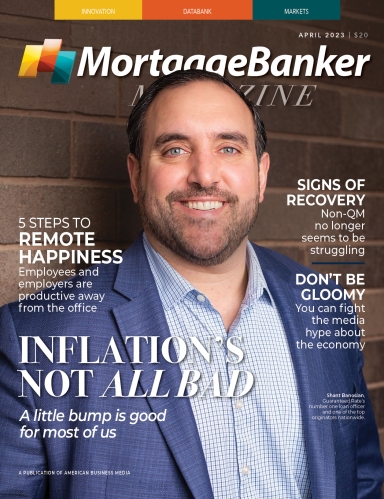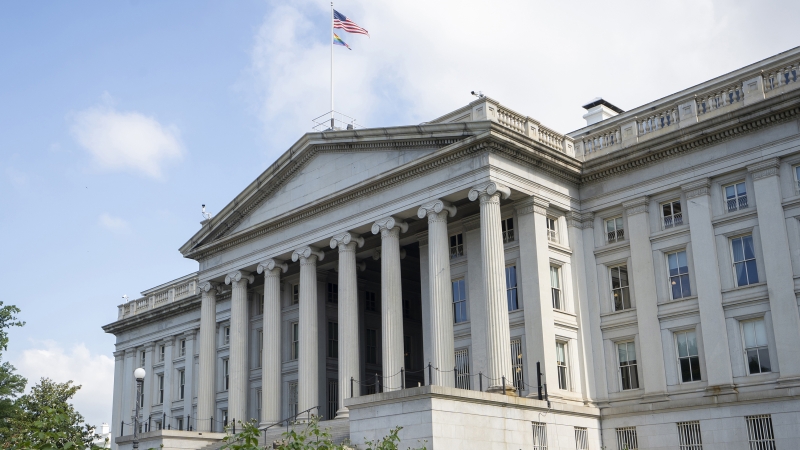Vaughan agrees that a mild recession benefits the industry, but if it becomes too broad, unemployment ratchets up, and consumer sentiment becomes dismal, that could be problematic.
“A little recession is good for us, and too much is bad,” Vaughan said. “So the million-dollar question is where on that scale are we ultimately going to land.”
First-Time Buyers Return
Throughout the past two years, move-up buyers took center stage while first-time buyers were impatiently waiting on the sidelines. Now these move up buyers are comfortably sitting at home paying a 2 to 3% interest rate, and first-timers are gearing up to enter the market.
According to NAR’s most recent data, 31% of purchases are first-time home buyers compared to when rates were at 7.25% and first-time buyers made up 26% of purchases. Now Habib anticipates that the percentage of first-time buyers will continue to increase to 33% or 34% as mortgage rates decline.
Zillow’s Divounguy agreed that this is the best time in three years for first-time home buyers to get into the market. However, affordability remains a main barrier for many purchasers and they’re waiting for rates to stabilize before moving in.
At Vaughan’s Dallas branch, they’ve been seeing more and more first-time home buyers or those who have little to no money to put down and less than perfect credit, looking for FHA loans, USDA loans, and VA loans.
“Just speaking for my business, we wrote less government loans over the last 18 months than we had in my prior 10 years in the mortgage business. So it definitely had an impact,” Vaughan said. “Those who didn’t have 20, 30, 40, or a hundred thousand dollars to bid over asking, they were essentially in a position where they had to rent. And I think that’s certainly softened here, and I believe that to be the case across the U.S.”
Banosian has already seen more buyers flock to his area in Worcester, Mass., which is in central Massachusetts about 50 miles west of Boston. According to realtor.com, Worcester is one of the most affordable cities in the U.S. and a top spot for first-time homebuyers.
“The market’s been super robust,” Banosian said. “Boston and the surrounding suburbs tended to slow down a little bit more. But Worcester was more active over the course of the fall in the wintertime, partly because of the amount of activity and development that has happened in that area is really just drawing people. And it’s frankly just much more affordable.”
Helping The Hard Borrowers
During the pandemic, loan officers, real estate agents, appraisers, and nearly everyone involved in mortgage transactions were slammed. There was no incentive in helping harder-to-qualify borrowers when there were already plenty of well-qualified conventional borrowers lined up outside the door. These move-up buyers were selling their homes that appreciated significantly, allowing them to afford the inflated homes on the market.
There was also no incentive to work with non-conforming loans, but this slowdown in business should afford everyone enough time to educate themselves on Non-QM and help those neglected borrowers.








